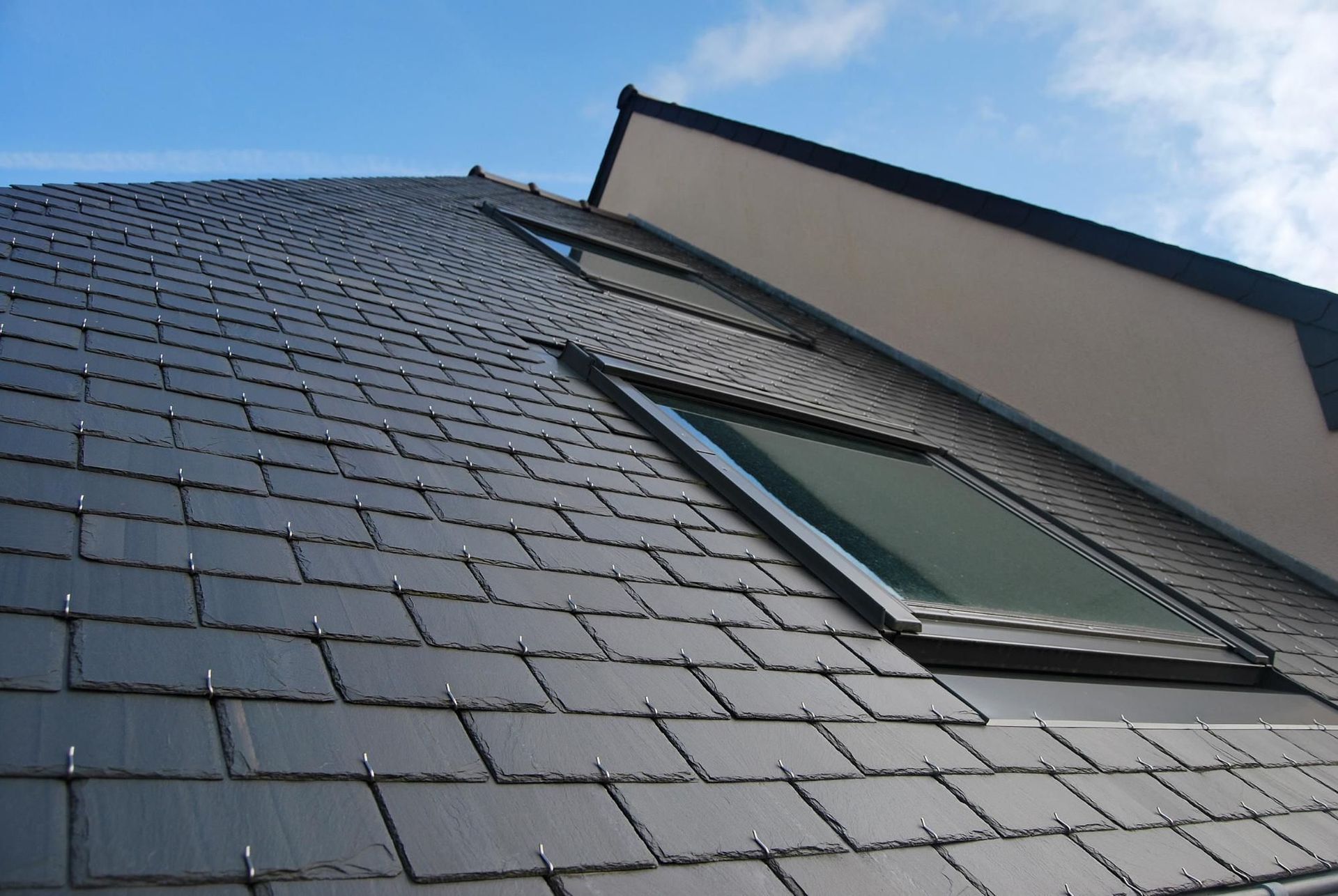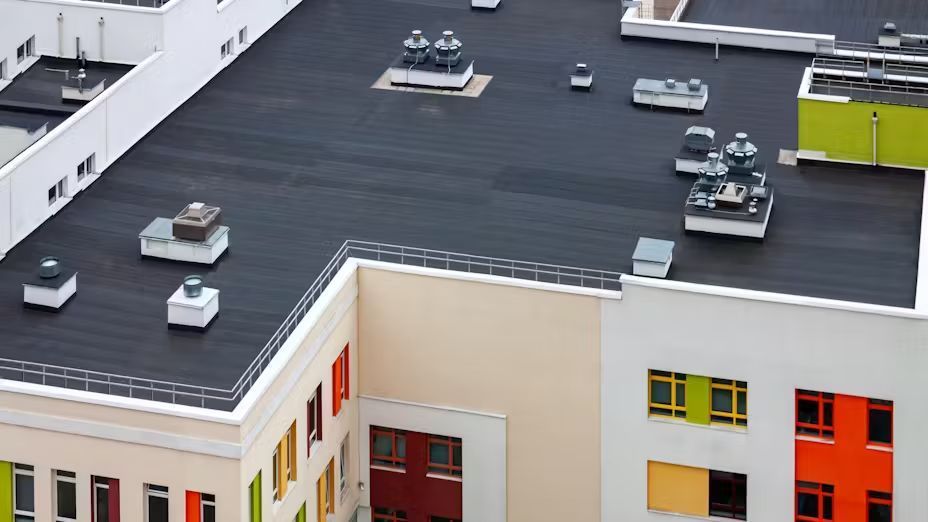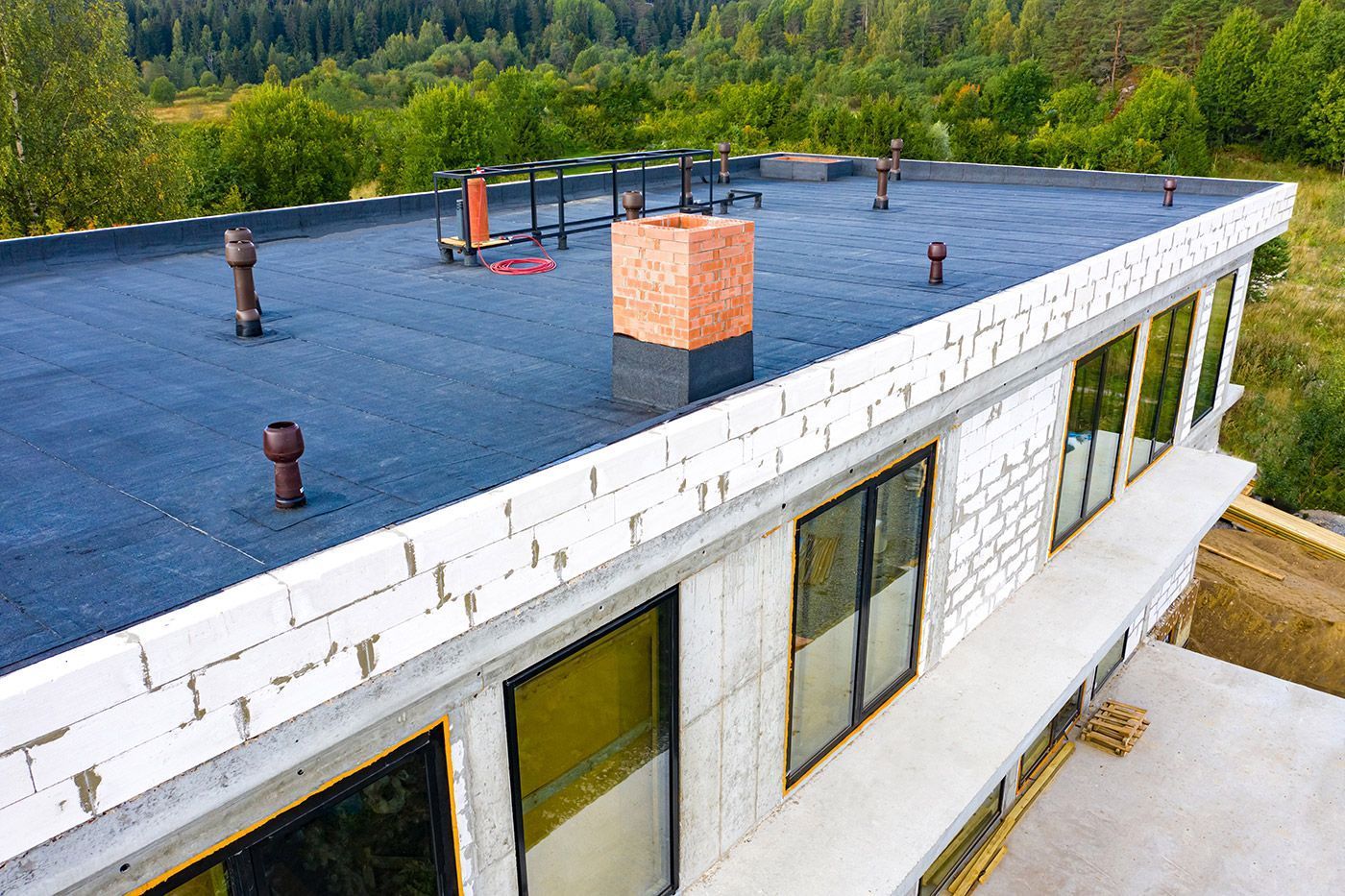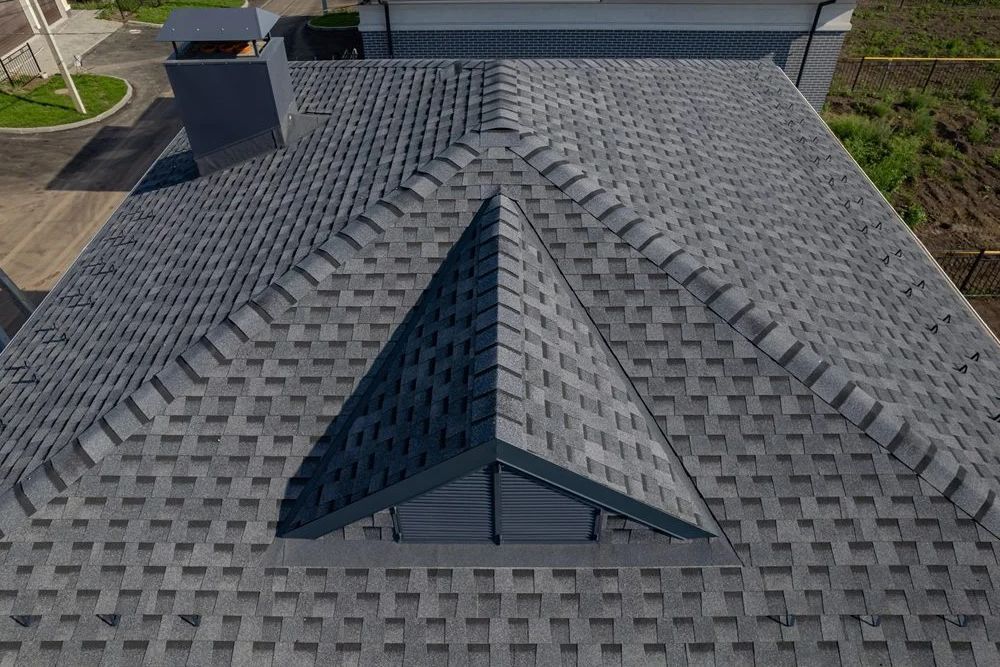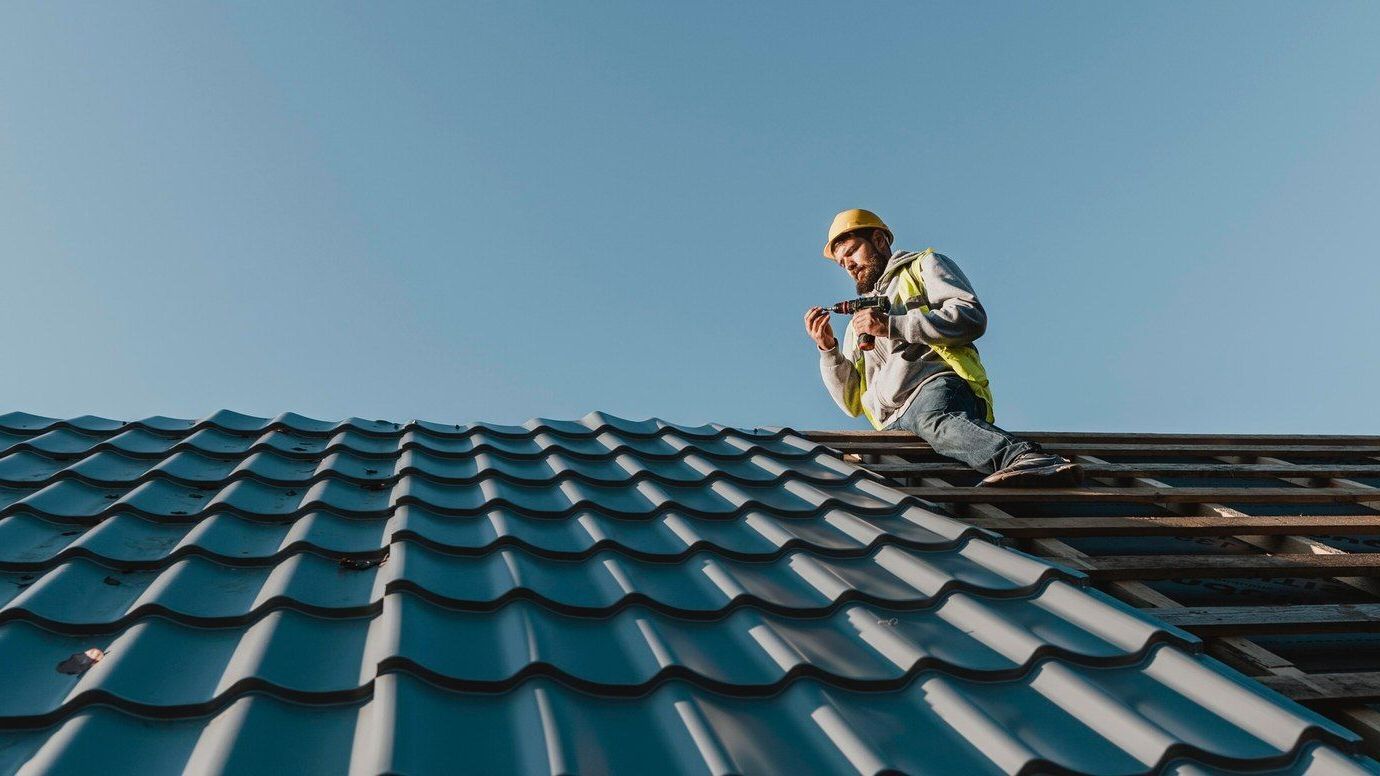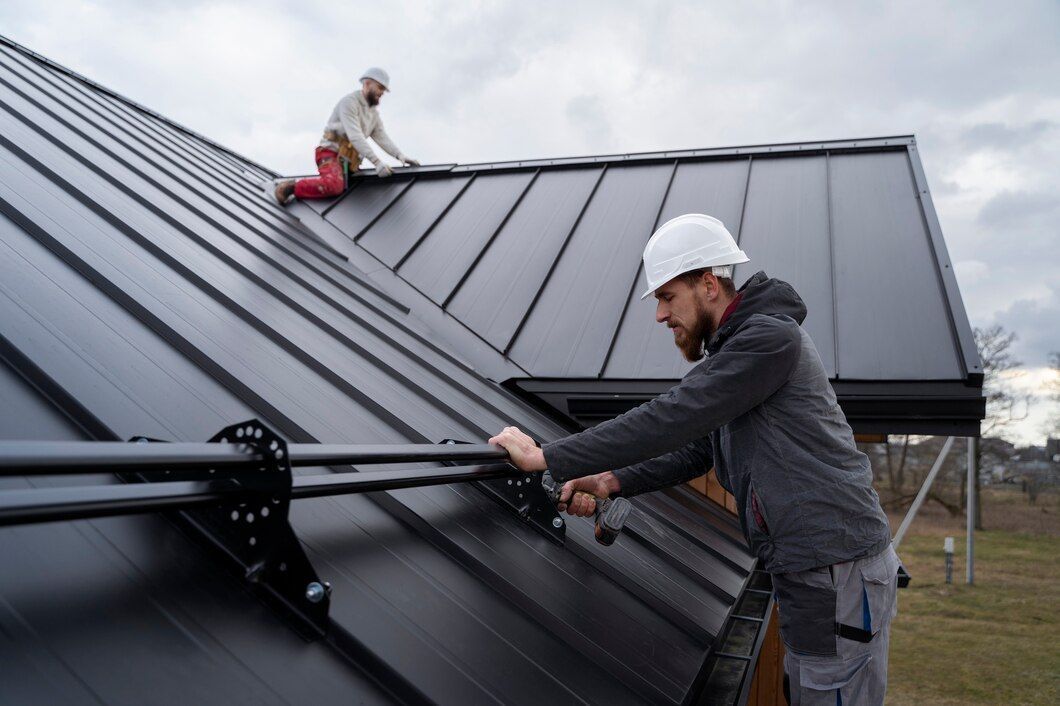Insights into Modern Residential Roofing Solutions
Residential roofing systems are essential for maintaining both the strength and curb appeal of a home. Serving as the primary shield against harsh weather, they help protect homeowners and their belongings. This guide covers important aspects of residential roofing, including choosing the right materials, understanding different roofing styles, ensuring compliance with local building codes, and the importance of
emergency roof repair.
Key Components of a Residential Roof
A standard residential roof consists of several essential components, each contributing to its durability and performance:
- Roof Deck: The foundational layer that supports roofing materials and maintains structural stability.
- Underlayment: A protective sheet installed over the deck to block moisture and leaks.
- Roof Covering: Shingles, tiles, or metal panels that insulate and shield against harsh weather.
- Flashing: Metal barriers securing critical areas like chimneys and vents to prevent water intrusion.
- Gutters and Downspouts: Essential for directing rainwater away, reducing the risk of roof damage.
Selecting the Ideal Roofing Material
Asphalt Shingles
Advantages:
- Cost-effective and versatile.
- Lightweight, simplifying installation.
- Wide range of colors and styles.
Limitations:
- Susceptible to wind damage.
- Shorter lifespan compared to other materials.
Metal Roofing
Advantages:
- Exceptionally durable and long-lasting.
- Eco-friendly, often made from recycled materials.
- Energy-efficient, reflecting heat away from the home.
Limitations:
- Higher initial cost.
- Potential for noise during rain or hail.
Wood Shakes
Advantages:
- Natural, rustic aesthetic appeal.
- Insect-resistant, particularly cedar.
- Good insulation properties.
Limitations:
- Requires regular maintenance.
- Vulnerable to rot and discoloration.
Slate Roofing
Advantages:
- Extremely long lifespan.
- Fire-resistant properties.
- Timeless, elegant appearance.
Limitations:
- Heavy, requiring a sturdy structural support.
- High cost and complex repairs.
Tile Roofing
Advantages:
- Durable, with a lifespan of up to 50 years.
- Aesthetically pleasing with various styles.
- Relatively lightweight compared to slate.
Limitations:
- Prone to leaks if not properly installed.
- Fragile, susceptible to damage from impact.
Exploring Roofing Styles and Designs
Gable Roof
- Classic design with efficient water runoff.
- Provides additional attic space.
Gambrel Roof
- Distinctive barn-like appearance.
- Offers extra space under the roof.
Hip Roof
- Four sloping sides, offering stability.
- Suitable for high-wind areas.
Hip and Valley Roof
- Combines elements of hip and gable roofs.
- Adds architectural interest to the home.
Skillion Roof
- Single-sloped, modern design.
- Ideal for limited space scenarios.
A-Frame Roof
- Steep slopes forming an "A" shape.
- Popular for cabins and vacation homes.
Assessing Roofing Needs
Conducting a Roof Inspection
- Essential for identifying current condition and damage.
- Helps in deciding between repair or replacement.
Deciding Between Repair and Replacement
- Based on the extent of damage and structural issues.
- Professional advice is crucial for the right decision.
Estimating the Cost
- Factors include size, materials, and labor.
- Consider potential energy savings from efficient materials.
Roofing Warranties and Guarantees
- Ensure protection and peace of mind.
- Read the fine print and understand the terms.
Understanding Residential Roofing Codes and Regulations
Energy Efficiency
- Compliance with local energy efficiency standards.
- Consider ENERGY STAR-certified materials.
Curb Appeal
- Choose materials that enhance home aesthetics.
- Be aware of maintenance requirements for different materials.
Environmental Considerations
- Durability and energy efficiency are key.
- Balance aesthetic and practical needs.
Conclusion
Selecting the right residential roofing system is crucial for long-lasting protection and curb appeal. By considering various roofing materials, styles, and local building codes, homeowners can make informed choices that improve both the durability and aesthetics of their roof. For expert guidance and reliable roofing services in Broken Arrow, OK,
Roof Repair Broken Arrow is ready to assist with all roofer and roof repair needs.
OUR RECENT ARTICLES
